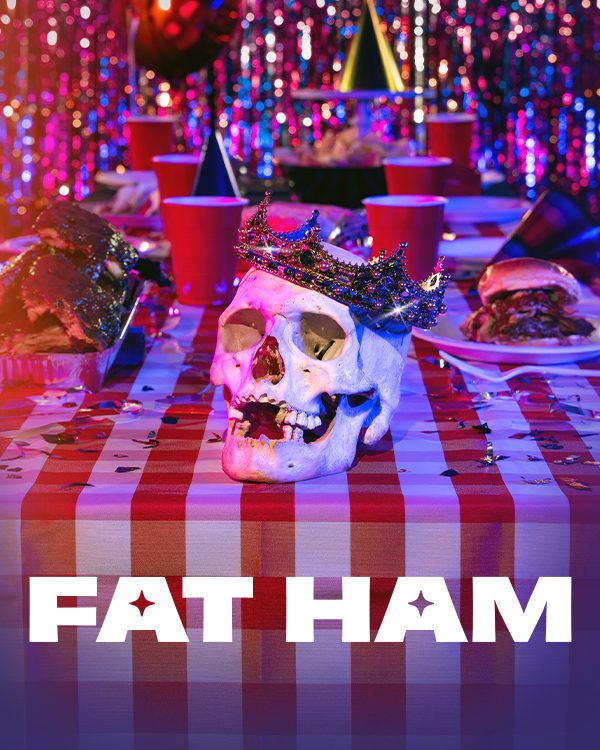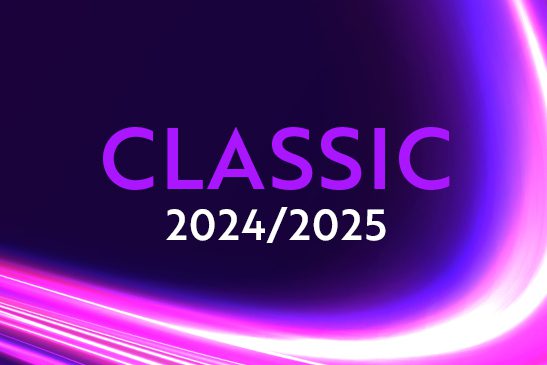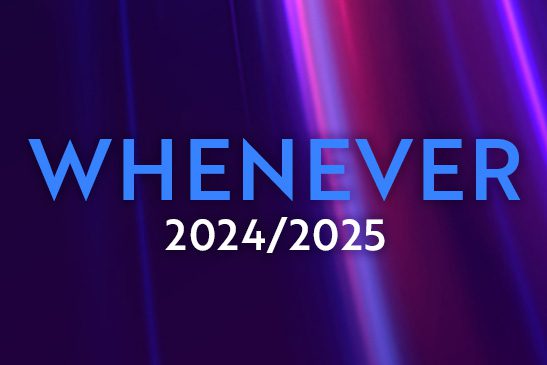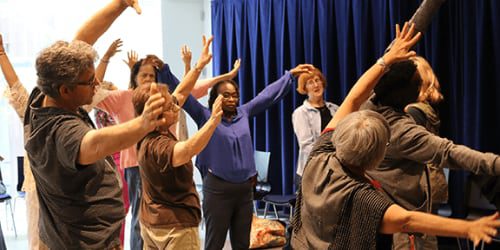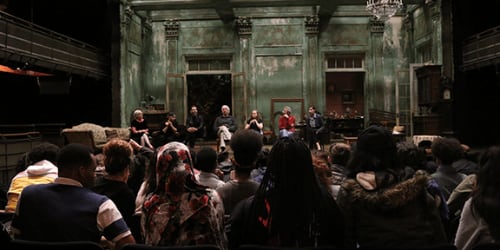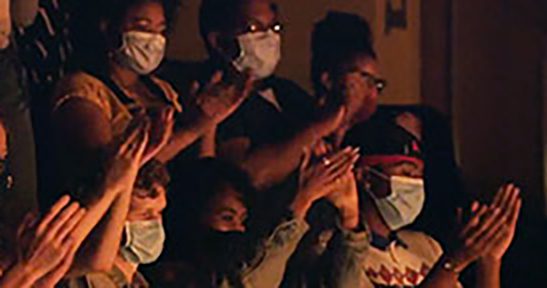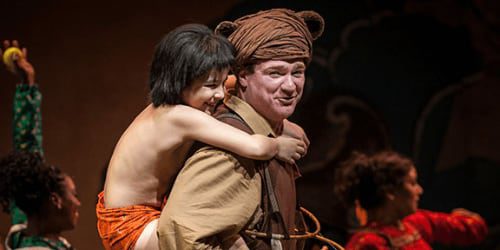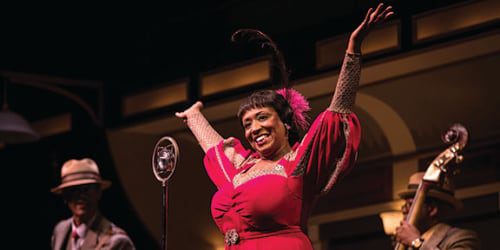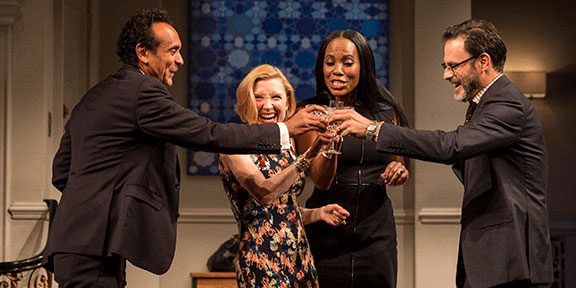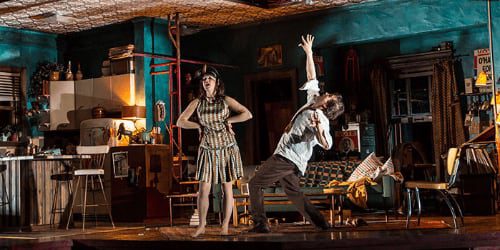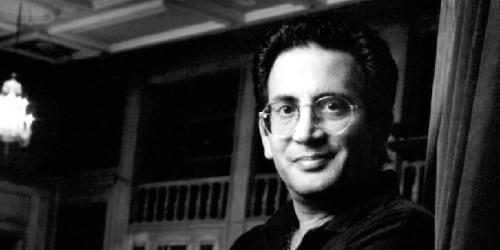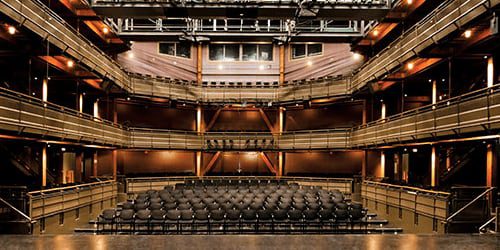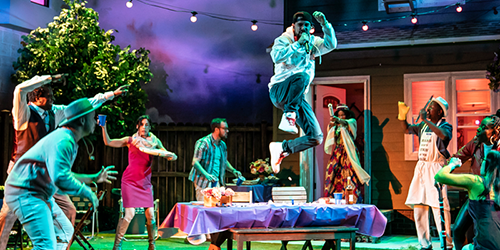- Tickets
- Memberships & Season
- Engage & Learn
- Your Visit
- Support
- Artists
- About
- Accountability
- Ticket Donation Requests
- Financials
- Rentals at the Goodman
- Our History
- Staff & Leadership
- Join the Goodman
- Press Room
- 2024-2025 Season
- 2023 – 2024 Season
- 2022 – 2023 Season
- 2021 – 2022 Season
- 2019 – 2020 Season
- Hershey Felder as Irving Berlin
- Goodman Gala
- A Paris Love Story
- Bernhardt Hamlet
- The Santaland Diaries
- American Mariachi
- School Girls; Or, The African Mean Girls Play
- Molly Sweeney
- graveyard shift
- Roe
- 42nd Annual Production of A Christmas Carol
- Dana H
- Daughter of a Cuban Revolutionary
- New Stages Festival 2019
- 2018 – 2019 Season
- 2017 – 2018 Season
- 2016 – 2017 Season
- 2015 – 2016 Season
- 2014 – 2015 Season
- About the Goodman
Artist Bio
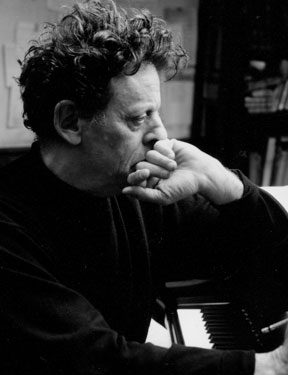
Philip Glass
(Bio as of June 2002)
Born in Baltimore, Maryland, Philip Glass began his training early by beginning music lessons at age six and taking up the flute at age eight. He later enrolled at the University of Chicago at the age of 15. Determined to become a composer, he moved to New York after graduation and attended the Juilliard School. At age 23, he moved to Paris and spent two years of intensive study under Nadia Boulanger. In Paris, Glass was hired to transcribe Ravi Shankar’s Indian music into Western notation. In discovering Indian music, Glass returned to New York and began applying Eastem techniques to his own music. By 1974, Glass had involved himself in a number of significant and innovative projects by creating a large collection of new music for his performing group, The Philip Glass Ensemble, and for the Mabou Mines Theater Company, co-founded by Glass. This period culminated with the 1976 opera Einstein on the Beach, a five hour epic created by Glass and Robert Wilson which is now seen as a landmark in 20th century music-theater. Since Einstein, Glass’ repertoire includes music for opera, dance, theater, chamber ensemble, symphonic works and film. Recently his work on Martin Scorsese’s Kundun received an Academy Award nomination. Symphony No. 5, a large choral work drawing from the text of wisdom traditions throughout the world, was commissioned by the Salzburg Festival, premiering in 1999 with subsequent performances in Belgium, Japan, Australia and the United States—including The Brooklyn Academy of Music’s Next Wave festival in October 2000 and most recently performed by members of the National Symphony Orchestra at the Kennedy Center in Washington DC. In his current project, Philip on Film, Glass performs live with his ensemble to a series of new short films as well as classics like Koyaanisqatsi, Powaqqatsi, La Belle et La Bête and Dracula. Premieres scheduled for 2002 include Symphony No. 6 (Plutonian Ode) with text by Allen Ginsberg, commissioned by Carnegie Hall to commemorate Philip Glass’ 65th birthday.

